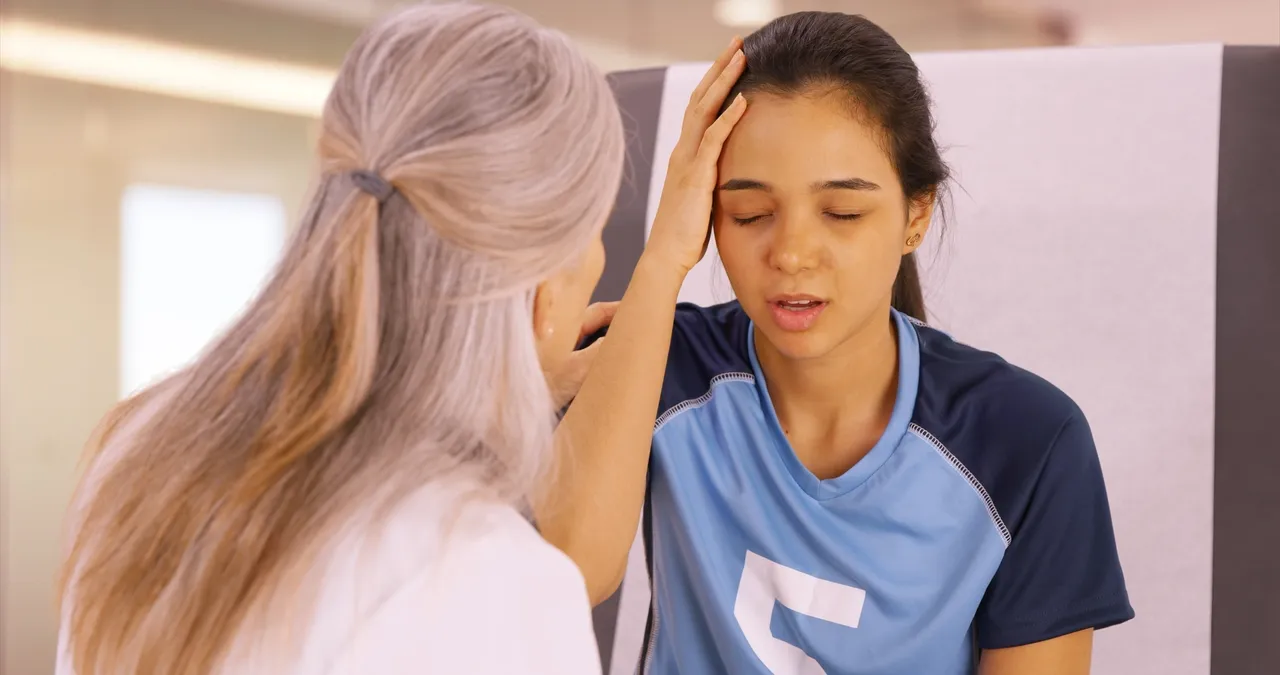Concussion Rehabilitation: What You Need to Know
A concussion is a type of brain injury that is caused by a blow to the head, a fall, or another type of impact. It is a common injury, especially among athletes who participate in contact sports. While most concussions heal on their own with rest and time, some people may need concussion rehabilitation to fully recover. In this blog post, we’ll take a closer look at what concussion rehabilitation is, how it works, and what you can expect.
What Is Concussion Rehabilitation?
Concussion rehabilitation is a type of therapy that is designed to help people recover from a concussion. It typically involves a multi-disciplinary approach that may include physical therapy, occupational therapy, speech therapy, and cognitive rehabilitation. The goal of concussion rehabilitation is to help the person return to their normal activities as quickly and safely as possible.
How Does Concussion Rehabilitation Work?
Concussion rehabilitation works by addressing the various symptoms and deficits that can occur after a concussion. Some common symptoms of a concussion include headaches, dizziness, balance problems, cognitive difficulties, and visual disturbances.
The specific treatments used in concussion rehabilitation can vary depending on the person’s symptoms and deficits. Some common treatments include:
- Rest and activity modification: In the early stages of concussion recovery, it is important to rest and avoid activities that could worsen symptoms. The person may gradually increase their activity level as symptoms improve.
- Vestibular rehabilitation: Vestibular rehabilitation is a type of therapy that is designed to improve balance and reduce dizziness and vertigo. It may involve exercises to improve eye movements, balance training, and habituation exercises.
- Cognitive rehabilitation: Cognitive rehabilitation is a type of therapy that is designed to improve cognitive skills such as memory, attention, and executive function. It may involve exercises to improve working memory, attention training, and problem-solving skills.
- Vision therapy: Vision therapy is a type of therapy that is designed to improve visual skills such as eye tracking, focusing, and convergence. It may involve exercises to improve eye movements, visual processing, and binocular vision.
- Graded exercise therapy: Graded exercise therapy is a type of therapy that is designed to gradually increase physical activity levels. It may involve exercises to improve cardiovascular fitness, strength, and flexibility.
Who Can Benefit from Concussion Rehabilitation?
Concussion rehabilitation can be beneficial for anyone who has experienced a concussion and is experiencing symptoms or deficits that are impacting their daily life. Some common groups that may benefit from concussion rehabilitation include:
- Athletes: Athletes who participate in contact sports are at a higher risk of concussion and may benefit from concussion rehabilitation to help them safely return to play.
- Military personnel: Military personnel who have experienced a concussion during combat or training may benefit from concussion rehabilitation to help them return to their duties.
- Children and adolescents: Children and adolescents are more susceptible to concussions and may benefit from concussion rehabilitation to help them recover and return to their normal activities.
Conclusion
Concussion rehabilitation is a crucial part of the recovery process for people who have experienced a concussion. By addressing the various symptoms and deficits that can occur after a concussion, concussion rehabilitation can help people return to their normal activities as quickly and safely as possible. If you or someone you know has experienced a concussion, talk to a healthcare provider about whether concussion rehabilitation may be appropriate.
Thank you for checking out the Articles from OrMobility Physical Therapy & Performance. We are Roseburg’s only Mobile Physical Therapy clinic. However, we do not just service Roseburg. We extend as far as Sutherlin and Green! Call us today to schedule your initial evaluation. Now, continue reading to learn more…


